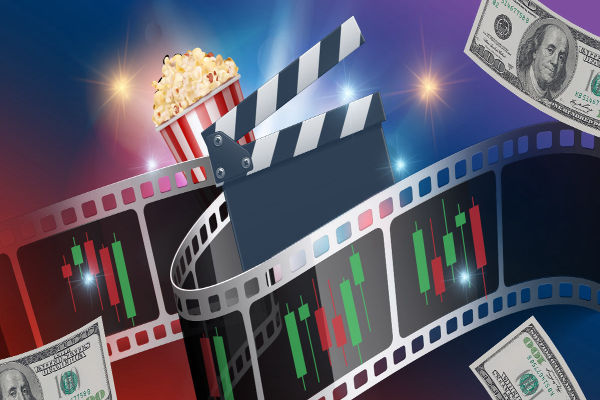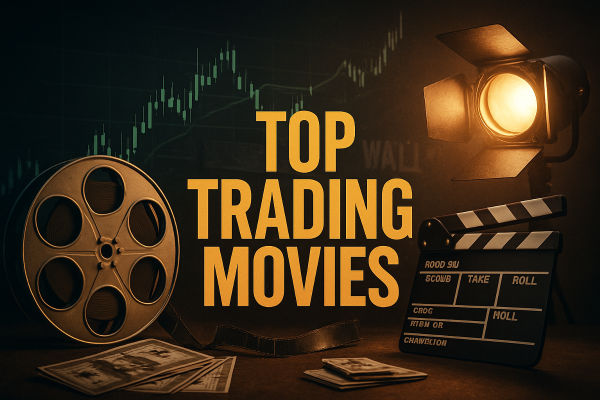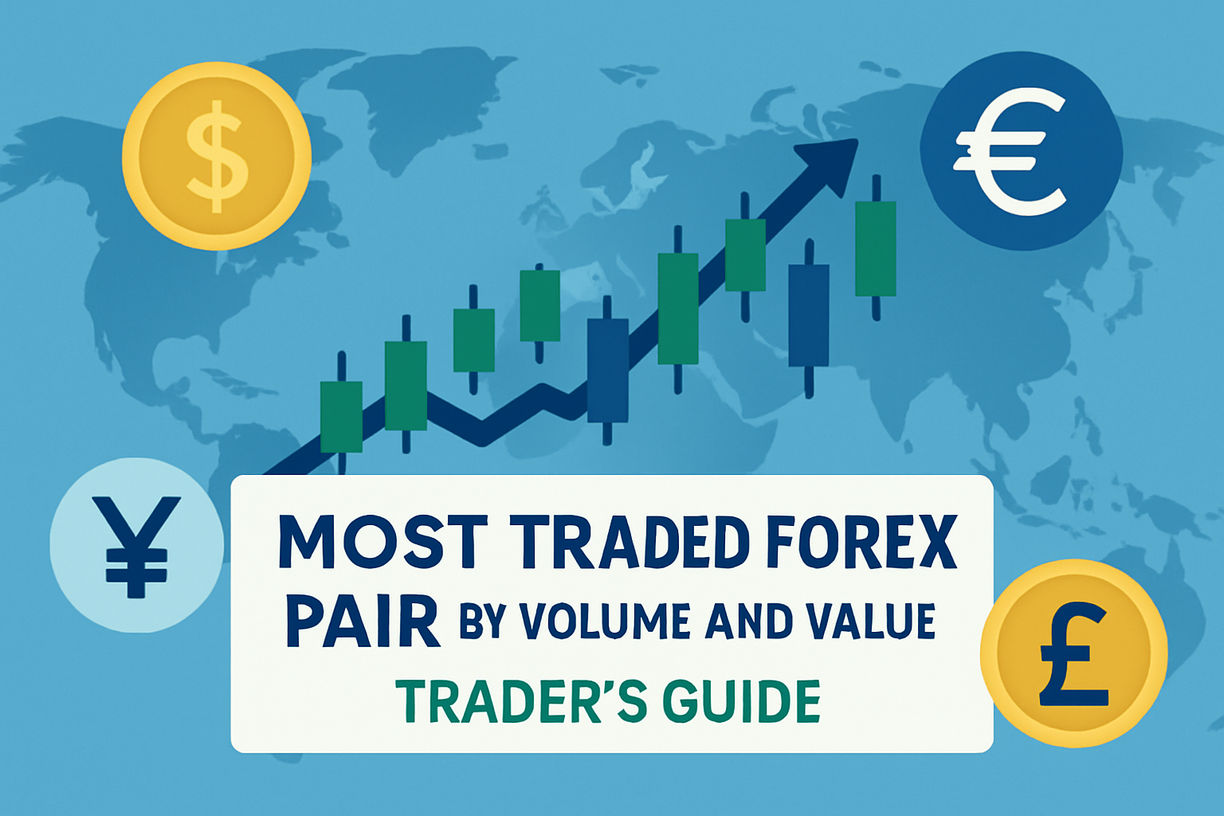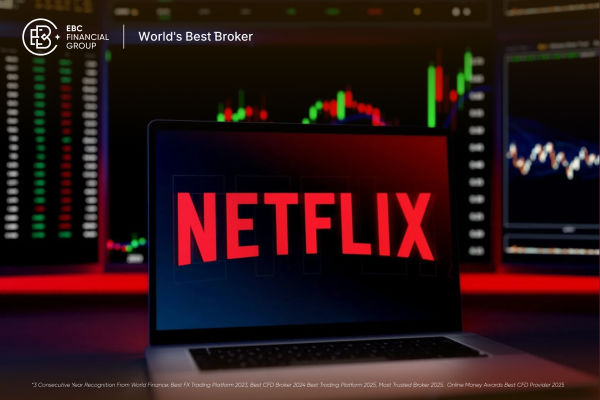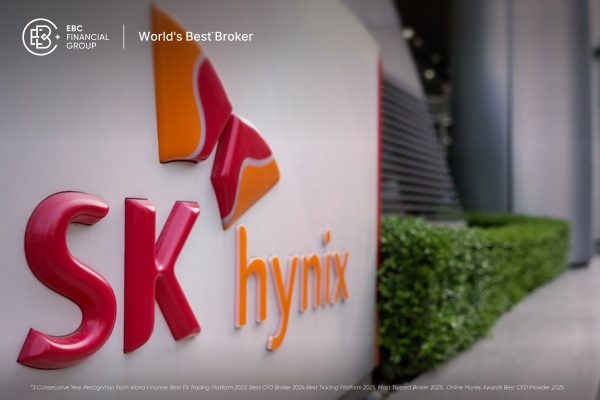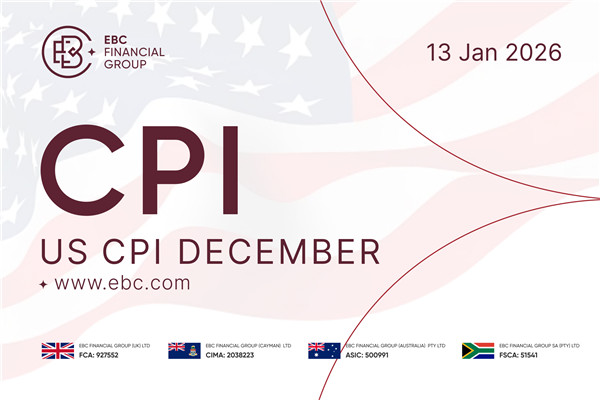The world of finance is fast-paced, high-stakes, and full of drama. That's why it has inspired some of the most compelling films in cinematic history. Whether you're a seasoned trader, a new investor, or simply a fan of intense storytelling, finance movies offer a unique glimpse into the complex world of money, markets, and moral decisions.
In this guide, we'll break down the top 10 finance movies every investor and trader must watch—from Wall Street classics to modern-day thrillers. These films not only entertain but also educate, offering insights into market psychology, risk management, corporate ethics, and financial systems.
Importance of Finance Movies to Investors and Traders
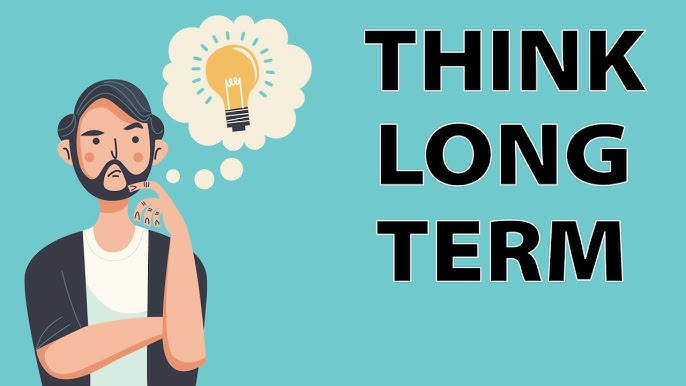
Before diving into the list, let's understand why finance-themed movies are worth your time.
1. Education Through Entertainment
Movies often simplify complex financial concepts, making them accessible to non-experts while offering professionals new perspectives.
2. Market Psychology
From greed and fear to herd behaviour and irrational exuberance, finance films dramatise the emotions that drive the markets.
3. Historical Insights
Many finance movies are based on real-life events, offering a crash course in financial history—from the 1987 crash to the 2008 crisis.
10 Finance Movies Every Investor and Trader Must Watch
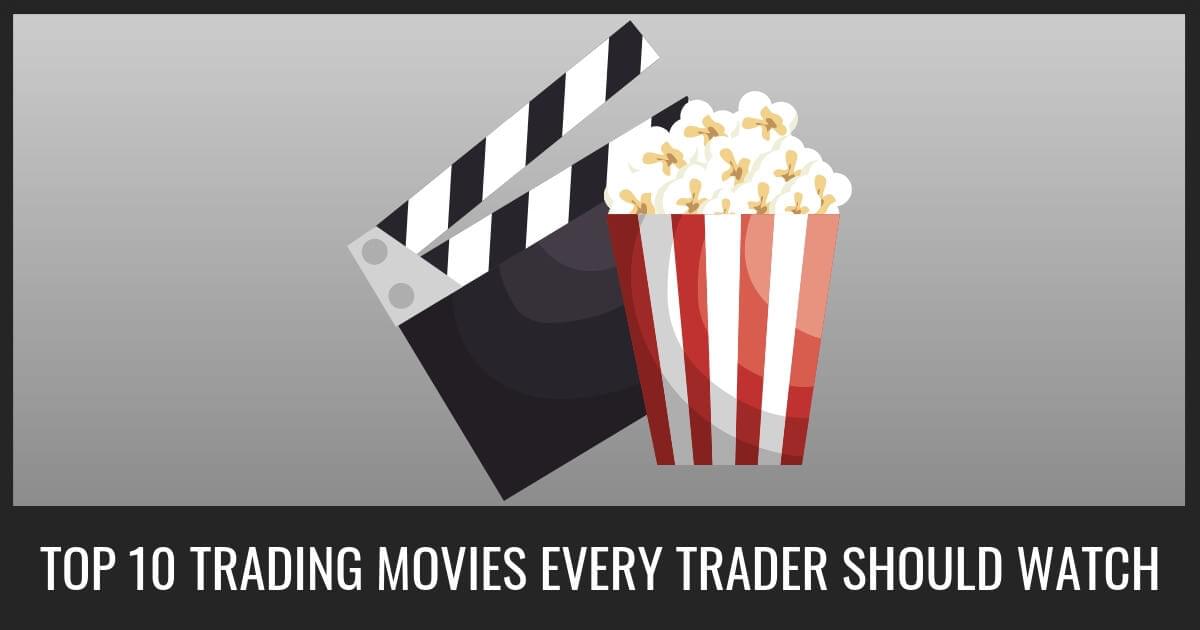
1. The Big Short (2015)
Based on Michael Lewis's bestselling book, The Big Short, chronicles the lead-up to the 2008 global financial crisis, focusing on a few savvy investors who predicted the housing market collapse.
Why Watch:
Explains complex financial instruments like CDOs and credit default swaps in simple terms.
Highlights the importance of contrarian thinking in trading.
It offers a sobering view of how unchecked speculation can destroy economies.
Key Lessons:
Just because "everyone is doing it" doesn't mean it's right.
Due diligence and research matter more than hype.
Markets are not always rational.
2. Wall Street (1987)
Directed by Oliver Stone, this iconic film follows young stockbroker Bud Fox and corporate raider Gordon Gekko, whose mantra "Greed is good" has become legendary in finance circles.
Why Watch:
It offers insight into insider trading, corporate takeovers, and ethics in finance.
Captures the greed and high-stakes ambition of 1980s Wall Street.
It serves as a cautionary tale about losing one's moral compass in pursuit of wealth.
Key Lessons:
3. Margin Call (2011)
Set during a 24-hour window at an investment bank just before the 2008 crash, Margin Call dramatises the moment traders discover the firm's assets are worthless.
Why Watch:
Shows the internal decision-making process during a financial crisis.
Offers a realistic portrayal of risk management failure.
Provides insight into how fast markets can unravel.
Key Lessons:
Risk must be constantly reevaluated.
Transparency in financial institutions is vital.
Any crisis reveals character—some run, while others take responsibility.
4. Boiler Room (2000)
A college dropout joins a shady brokerage firm, lured by wealth and fast money, only to discover it operates as a pump-and-dump scheme.
Why Watch:
Exposes the world of financial scams and unethical sales tactics.
Offers insight into how retail investors are manipulated.
Highlights the importance of regulation and due diligence.
Key Lessons:
Fast money often comes with high risk and low morality.
Legitimate success takes time and transparency.
If something sounds too good to be true, it probably is.
5. Inside Job (2010)
An Oscar-winning documentary that dissects the causes of the 2008 financial meltdown, exposing corruption and conflicts of interest in Wall Street, academia, and government.
Why Watch:
A fact-based, investigative look into systemic financial failure.
Interviews with insiders, analysts, and economists.
Highlights how incentive structures and deregulation contributed to the disaster.
Key Lessons:
Systems fail when oversight is removed.
Even large institutions and PhDs can act irresponsibly.
Public trust in financial institutions is fragile and hard to rebuild.
6. Trading Places (1983)
It is a classic comedy where two millionaires switch the lives of a con artist and a commodities trader as part of a bet. Despite its humour, it offers a surprising amount of insight into futures trading and social mobility.
Why Watch:
Simplifies the basics of commodities trading.
Discusses topics like insider trading in a lighthearted yet impactful way.
Demonstrates how knowledge, not birthright, often determines financial success.
Key Lessons:
Understanding the basics of trading can level the playing field.
The market can be manipulated—ethics still matter.
Anyone can succeed with the right tools and mindset.
7. Too Big to Fail (2011)
An HBO drama based on Andrew Ross Sorkin's book, focusing on the U.S. government's response to the 2008 crisis and efforts to prevent total economic collapse.
Why Watch:
Offers behind-the-scenes insight into Wall Street's relationship with Washington.
It covers Hank Paulson, Ben Bernanke, and Tim Geithner.
Shows the domino effect of bank failures and bailouts.
Key Lessons:
The phrase "too big to fail" reflects systemic risk.
Crisis planning is vital in financial institutions.
Markets rely heavily on confidence and liquidity.
8. Rogue Trader (1999)
The movie tells the true story of Nick Leeson, the trader who brought down Barings Bank by hiding massive losses in unauthorised derivatives trades.
Why Watch:
A gripping cautionary tale about risk management and accountability.
Reveals how a single trader can impact global finance.
Demonstrates the importance of oversight in trading floors.
Key Lessons:
Transparency and regulation are crucial in trading.
One rogue actor can dismantle centuries of institutional trust.
Risk exposure should never be unchecked.
9. Enron: The Smartest Guys in the Room (2005)
This documentary exposes the Enron scandal, one of the biggest corporate frauds in U.S. history. It explores how executives used accounting loopholes and deception to appear profitable.
Why Watch:
Details how creative accounting and corporate fraud can fool investors.
Provides insight into the role of auditors, banks, and analysts in perpetuating fraud.
The movie is still used in finance courses as a case study.
Key Lessons:
Financial statements aren't always transparent.
Always look beyond the numbers—understand the business model.
Investor trust is easily broken and hard to rebuild.
10. The Wolf of Wall Street (2013)
Based on the memoir of Jordan Belfort, a stockbroker who ran one of the most notorious pump-and-dump schemes in history.
Why Watch:
High-octane portrayal of greed, excess, and market manipulation.
Explores the blurred lines between ambition and criminality.
It offers lessons on how persuasion can be both powerful and dangerous.
Key Lessons:
Regulatory oversight is essential in maintaining ethical markets.
Sales skills can build or destroy fortunes depending on intent.
Greed, left unchecked, destroys everything—including yourself.
Common Themes Shared Across These Movies
| Theme |
Insight |
| Greed vs Ethics |
Unchecked greed leads to downfall |
| Risk Management |
Poor oversight creates catastrophic losses |
| Market Psychology |
Fear and euphoria drive bubbles and crashes |
| Financial Innovation |
Complex tools need careful regulation |
| Responsibility |
Every trader and investor has a duty to act ethically |
Conclusion
In conclusion, finance movies aren't just for entertainment—they're masterclasses in behaviour, systems, and strategy. Whether you're investing your first $100 or managing a million-dollar portfolio, there's something to learn from each of them.
So grab your popcorn—and maybe a notepad—and immerse yourself in the lessons that only the silver screen can deliver.
Disclaimer: This material is for general information purposes only and is not intended as (and should not be considered to be) financial, investment or other advice on which reliance should be placed. No opinion given in the material constitutes a recommendation by EBC or the author that any particular investment, security, transaction or investment strategy is suitable for any specific person.
